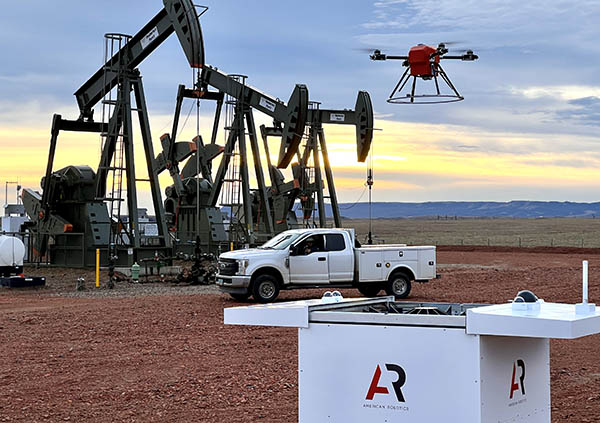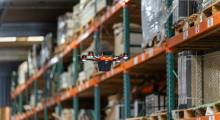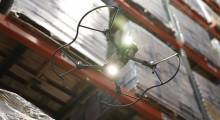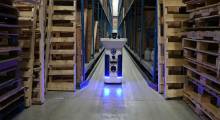American Robotics Inc. yesterday announced that the Federal Aviation Administration has issued it a new exemption allowing commercial operations of its autonomous Scout drones without limitations on use. American Robotics was previously limited to research and development, crew training, and market surveys.
“This new exemption from the FAA is the fourth milestone approval for American Robotics in less than two years, signaling a clear trajectory towards increased implementation of nationwide autonomous commercial drone operations,” stated Reese Mozer, co-founder and CEO of American Robotics.
“I am proud of the years of dedication and hard work that our team, partners, and regulators have put forth,” he added. “Wide-scale adoption of autonomous drone technology represents a generational shift in how critical industries monitor, map, and inspect assets, unlocking new efficiencies, increasing safety, and reducing environmental impact.”
American Robotics is a unit of Ondas Holdings Inc., which develops proprietary, software-based wireless broadband technology through its Ondas Networks Inc. subsidiary. Ondas Holdings acquired American Robotics for $70.6 million in May 2021. It recently announced acquisitions of Ardenna Inc., a rail inspection firm, and Airobotics Ltd., another commercial and security drone provider.
Waltham, Mass.-based American Robotics designs, develops, and markets industrial drone systems for “rugged, real-world environments.” The company, a MassRobotics member, said its Scout System is a highly automated, artificial intelligence-powered drone capable of continuous, remote operation.
American Robotics offers its data service as a “drone in a box” through a robotics-as-a-service (RaaS) business model. Ondas Networks and American Robotics said they support users in oil and gas, rail, mining, agriculture, and critical infrastructure markets with improved connectivity and data-collection capabilities.
American Robotics builds on BVLOS approval
Last week, Ondas Holdings announced that the FAA granted Scout approval for beyond visual line-of-sight (BVLOS) flights without a human operator on site. The company claimed that it was the first drone system to receive such approval.
For the past six years, American Robotics said it has been testing advanced autonomy and BVLOS-related technologies, working closely with regulators to reach goals and milestones. The approval is an amendment to American Robotics’ original FAA waiver granted in 2021.
The updated FAA waiver allows Scout to operate autonomously at ranges up to 10 miles (16 km), enabling inspections over large industrial sites and linear assets such as pipelines, railways, and electrical transmission lines. American Robotics claimed that the wider operations will enable its customers to collect high-resolution data over larger areas of assets and increase their return on investment (ROI).
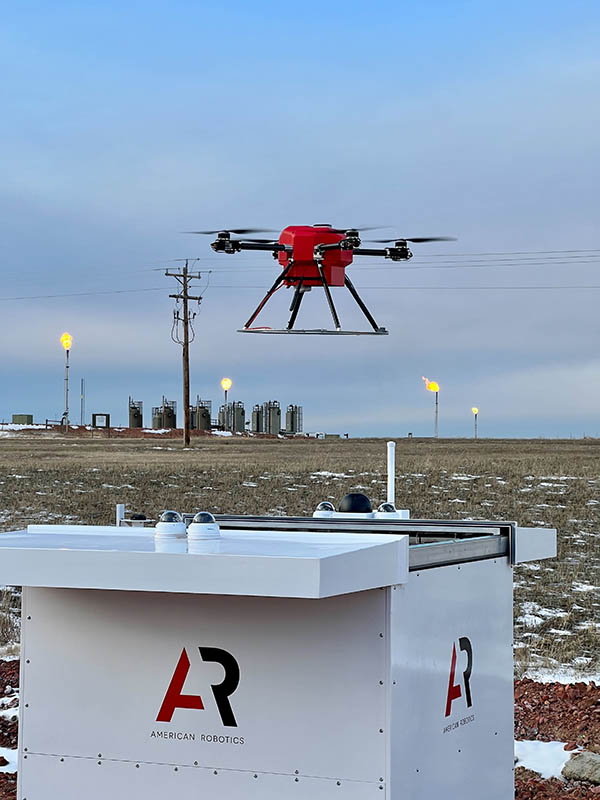
“American Robotics believes that autonomy, safety, and government approval are the bedrocks of a scalable commercial drone business, and we continue to execute on this mission with additional approvals from the FAA,” said Mozer.
American Robotics said Part 107 Waiver took effect immediately for current customers and will accelerate its offerings to new customers in 2023 and beyond.
FAA exemption may lead to drone fleets
The FAA officially granted American Robotics the commercial exemption on Aug. 19, 2022. The company said the exemption and accompanying waiver show that it can provide a scalable commercial service that will support customers' long-term vision of deploying autonomous fleets of drones.
As it continues to serve industries including stockpiles and mining, American Robotics said it expects to continue collaborating with the FAA to realize the vision of fully automated commercial drone operations nationwide.
Mozer recently participated in the White House Summit on Advanced Air Mobility, which gathered stakeholders and experts from the industry for a conversation on the future of air mobility. The speakers discussed how it will benefit the American people and help the nation reach domestic policy, national security, climate, and economic goals.
Article topics
Email Sign Up

